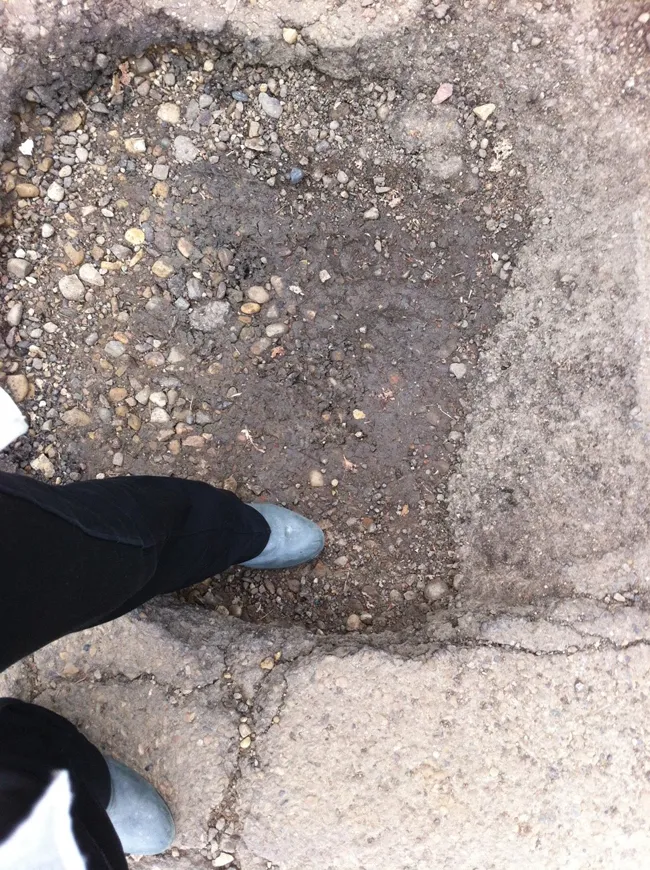Dennis Lysemose Andersen, senior oil risk manager at Global Risk Management, explained: "Bitumen hedging safeguards the economics of the company, whether it is a consumer or producer of bitumen. Looking at the consumer side as an example; an asphalt company may be involved in a large infrastructure project, where the company needs to offer a fixed price to the contractor – maybe a state-owned Road Agency – but only later can it source the bitumen. Thus the asphalt company is exposed to bitumen costs increas
January 23, 2014
Read time: 2 mins
Dennis Lysemose Andersen, senior oil risk manager at 7585 Global Risk Management, explained:
"Bitumen hedging safeguards the economics of the company, whether it is a consumer or producer of bitumen.
Looking at the consumer side as an example; an asphalt company may be involved in a large infrastructure project, where the company needs to offer a fixed price to the contractor – maybe a state-owned Road Agency – but only later can it source the bitumen. Thus the asphalt company is exposed to bitumen costs increases during the period of construction.
Having an effective paper hedge in place allows the company to recoup extra costs resulting from a higher market price of bitumen through the financial settlement of the hedge, and vice versa. Either way, the company is cost neutral and in line with its budgets.
A bitumen producer or production unit may have bought or produced physical bitumen for subsequent reselling. Should the market prices collapse the producer may be forced to sell his product below production cost. However, through selling a paper hedge, the producer will gain on the paper what it loses on the physical and vice versa. Again the result is budget security and cost neutrality.
A road contractor can buy at a fixed price and can continue to buy bitumen from current suppliers. The hedging firm is not involved in any physical delivery.
If the price of bitumen has increased since the customer entered a fixed price, the hedging firm will send a financial compensation to offset the increase.
If the price of bitumen has decreased since a fixed price was entered, the customer will send a financial compensation to the hedging firm but at the same time benefit from the lower price bitumen purchase."
"Bitumen hedging safeguards the economics of the company, whether it is a consumer or producer of bitumen.
Looking at the consumer side as an example; an asphalt company may be involved in a large infrastructure project, where the company needs to offer a fixed price to the contractor – maybe a state-owned Road Agency – but only later can it source the bitumen. Thus the asphalt company is exposed to bitumen costs increases during the period of construction.
Having an effective paper hedge in place allows the company to recoup extra costs resulting from a higher market price of bitumen through the financial settlement of the hedge, and vice versa. Either way, the company is cost neutral and in line with its budgets.
A bitumen producer or production unit may have bought or produced physical bitumen for subsequent reselling. Should the market prices collapse the producer may be forced to sell his product below production cost. However, through selling a paper hedge, the producer will gain on the paper what it loses on the physical and vice versa. Again the result is budget security and cost neutrality.
A road contractor can buy at a fixed price and can continue to buy bitumen from current suppliers. The hedging firm is not involved in any physical delivery.
If the price of bitumen has increased since the customer entered a fixed price, the hedging firm will send a financial compensation to offset the increase.
If the price of bitumen has decreased since a fixed price was entered, the customer will send a financial compensation to the hedging firm but at the same time benefit from the lower price bitumen purchase."








